Julian Assange: Whistleblower or Journalist?
Julian Assange: Exposing the Truth
Julian Assange, a name that resonates with a mixture of admiration, controversy, and debate, has been a central figure in discussions about freedom of the press, government transparency, and cyber security for over a decade. As the founder of WikiLeaks, Assange has played a pivotal role in exposing government secrets, corporate malpractices, and human rights abuses. His journey from an enigmatic hacker to an international cause célèbre encapsulates the complexities of modern journalism, digital privacy, and geopolitical intrigue. This article looks at Julian Assange, exploring his contributions, the controversies surrounding him, and the broader implications of his actions on global politics and media ethics.
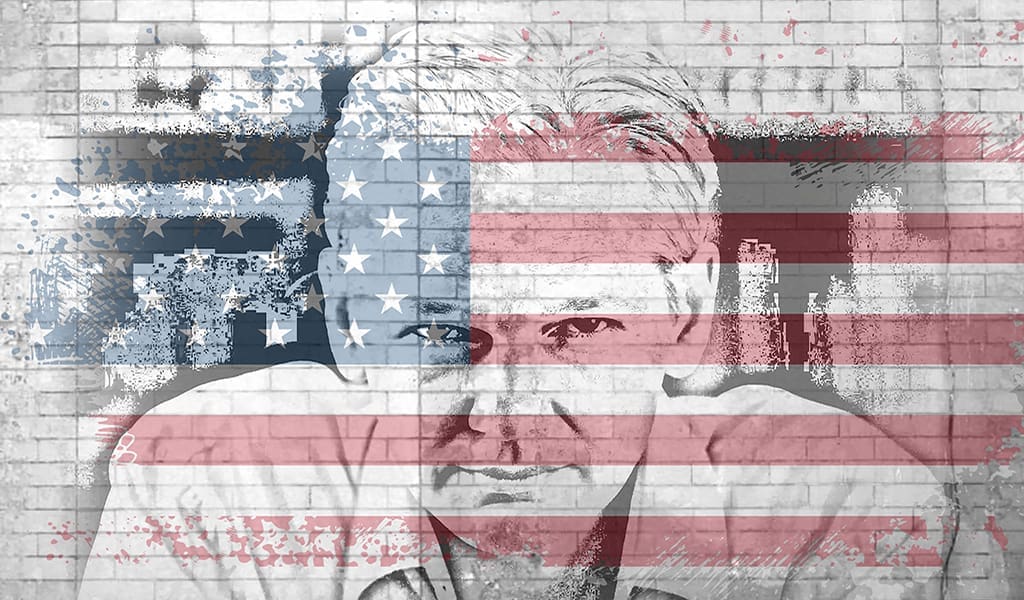
Table of Contents
The Genesis of WikiLeaks
Julian Assange’s creation of WikiLeaks in 2006 marked the beginning of a new era in whistleblowing and investigative journalism. WikiLeaks aimed to provide a secure and anonymous way for whistle-blowers to leak information. The platform quickly gained prominence, exposing classified documents and confidential communications that traditional media outlets often overlooked or were unable to obtain. Assange’s philosophy was rooted in the belief that transparency would lead to more accountable governance and a more informed public.
The impact of WikiLeaks was immediate and profound. One of its first major releases was a collection of documents revealing the corruption in Kenya, which won the 2009 Amnesty International Media Award. However, it was the 2010 leaks that truly catapulted WikiLeaks and Assange into the global spotlight. The publication of the Collateral Murder video, the Afghanistan war logs, the Iraq war logs, and the US diplomatic cables exposed the inner workings of the US military and diplomatic efforts, sparking international debates about the ethics of war, the limits of secrecy, and the role of whistle-blowers.
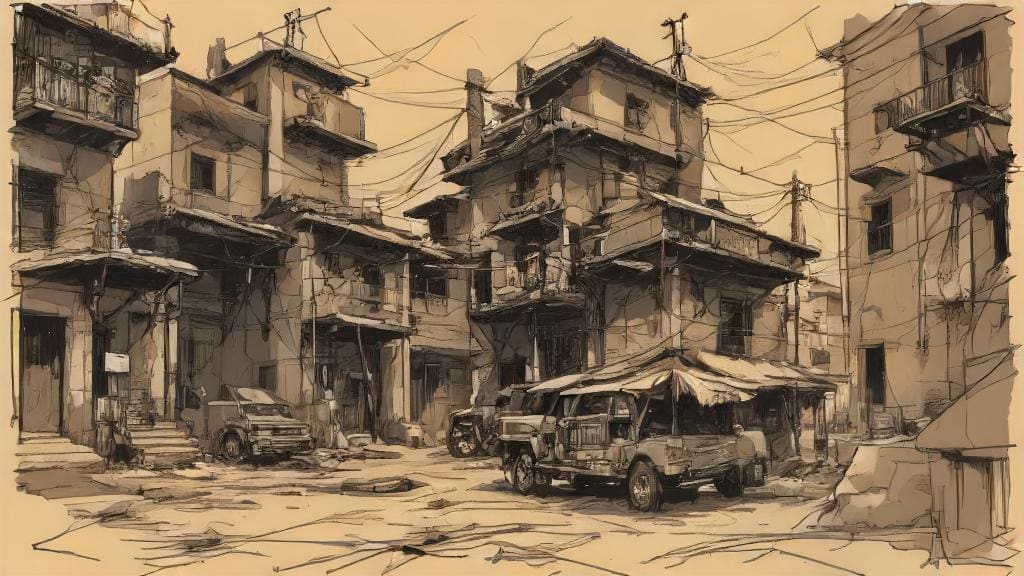
The Ethical Dilemma: Transparency vs. Security
The ethical dilemma surrounding Julian Assange and WikiLeaks is deeply rooted in the tension between the need for transparency and the imperatives of national security. This complex interplay raises fundamental questions about the limits of freedom of information, the responsibilities of journalists, and the balance between public accountability and the protection of sensitive data.
The Case for Transparency: Transparency is often heralded as a cornerstone of democracy. Proponents argue that an informed public is essential for the functioning of a healthy democracy, and that citizens have a right to know what their governments are doing, especially when actions are taken in their name or with their resources. Julian Assange and WikiLeaks have been at the forefront of pushing for greater transparency through the publication of classified documents and internal communications that reveal the inner workings of governments and corporations.
Public Accountability: One of the primary arguments for transparency is that it promotes accountability. Governments and large institutions are more likely to act ethically and responsibly if they know their actions are subject to public scrutiny. WikiLeaks’ disclosures have uncovered instances of corruption, human rights abuses, and other misconduct that might otherwise have remained hidden. For instance, the Collateral Murder video released by WikiLeaks showed a U.S. military helicopter attack in Baghdad that resulted in the deaths of civilians and journalists, raising serious ethical questions about military conduct.
Empowerment of Citizens: Transparency empowers citizens by providing them with the information they need to make informed decisions and engage in democratic processes. By exposing the realities of government operations, WikiLeaks has contributed to a more informed and engaged public. This empowerment is crucial for holding leaders accountable and advocating for policy changes.
Journalistic Integrity: From the perspective of journalistic integrity, transparency and the right to publish classified information can be seen as fundamental to the role of the press as a watchdog. Journalists have a duty to investigate and report on matters of public interest, even if this involves accessing and publishing sensitive information. Assange has often framed his actions within this context, positioning WikiLeaks as a journalistic entity committed to revealing the truth.
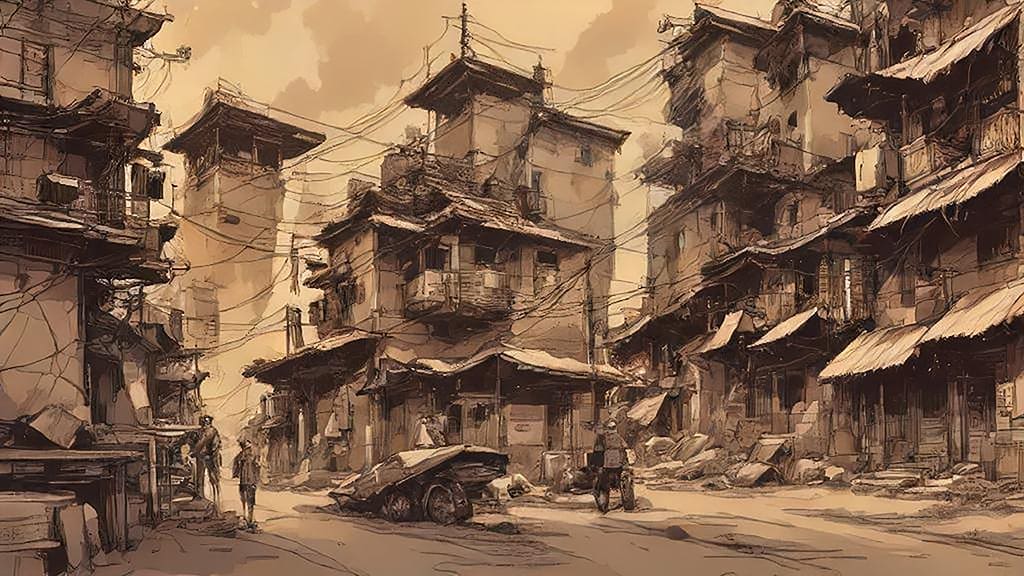
The Case for Security
While transparency is essential, it must be balanced against the need to protect national security and ensure the safety of individuals. Critics of WikiLeaks argue that the indiscriminate release of classified information can have severe and unintended consequences.
National Security Risks: The primary concern is that the release of classified documents can compromise national security. Sensitive information about military operations, intelligence methods, and diplomatic strategies can be exploited by hostile actors, leading to real-world harm. For example, the publication of the Afghanistan and Iraq war logs provided detailed accounts of military operations that, according to critics, could have been used by insurgents to target coalition forces and their allies.
Endangerment of Lives: Another significant argument against the wholesale release of classified information is the potential endangerment of individuals’ lives. Informants, dissidents, and undercover operatives whose identities are exposed by such leaks could face imprisonment, torture, or death. The U.S. government has argued that WikiLeaks’ publications have put lives at risk by revealing the identities of individuals cooperating with American forces or diplomats.
Diplomatic Relations: The release of diplomatic cables by WikiLeaks had a profound impact on international relations. These cables contained candid assessments of foreign leaders and confidential discussions about international policies. Their publication strained relationships between the U.S. and several countries, as private communications were made public. Critics argue that such disclosures can undermine diplomatic efforts and international cooperation, making it more difficult to address global challenges.
Finding a Balance
The ethical dilemma of transparency versus security is not easily resolved. It requires a careful balancing act to ensure that the public’s right to know does not unduly compromise national security or put individuals at risk. Here are some considerations for finding this balance:
Selective Disclosure: One potential solution is the practice of selective disclosure, where sensitive information is vetted before publication. Journalists and whistleblowers can work with traditional media outlets that have the experience and resources to assess the potential impact of releasing certain information. This approach was seen in the collaboration between WikiLeaks and major newspapers like The Guardian, The New York Times, and Der Spiegel, where some documents were redacted to protect individuals’ identities and sensitive information.
Legal Protections and Guidelines: Establishing clear legal protections and guidelines for whistleblowers and journalists can help navigate the ethical complexities of transparency and security. Whistleblower protection laws can ensure that those who expose wrongdoing are not subject to retaliation, while guidelines for journalists can help them assess the risks and benefits of publishing sensitive information.
International Cooperation: Developing international frameworks for the responsible handling of classified information can also play a crucial role. Such frameworks could provide guidelines on what constitutes the public interest, how to handle sensitive information, and mechanisms for accountability when the release of information causes harm.
Technological Solutions: Advances in technology can offer solutions for protecting sensitive information while promoting transparency. Secure platforms for whistleblowers, encryption methods, and digital tools for redacting sensitive data can help balance the need for public accountability with security concerns.
Ethical Journalism Education: Promoting a culture of ethical journalism through education and training is vital. Journalists must be equipped with the skills and knowledge to make informed decisions about the publication of sensitive information. This includes understanding the potential consequences of their actions and the ethical principles that should guide their work.
A Defining Issue of Our Time
The ethical dilemma of transparency versus security is a defining issue of our time, highlighted by the actions and legacy of Julian Assange and WikiLeaks. While the quest for transparency is essential for a functioning democracy, it must be carefully weighed against the imperatives of national security and the protection of individuals.
Striking this balance requires thoughtful consideration, robust legal frameworks, and a commitment to ethical principles. As society continues to grapple with these challenges, the case of Julian Assange serves as a powerful reminder of the complexities involved in navigating the intersection of information, power, and responsibility.
Legal Battles, Exile and Prison
Since 2010, Julian Assange, the founder of WikiLeaks, has faced a series of intense legal battles and periods of exile. In 2010, Sweden issued an international arrest warrant for Assange over allegations of sexual misconduct, which he denied, claiming the charges were politically motivated. To avoid extradition to Sweden and potentially to the United States, where he feared prosecution for the leaks, Assange sought asylum in the Ecuadorian Embassy in London in 2012. He remained there for nearly seven years, living in a small room under constant surveillance.
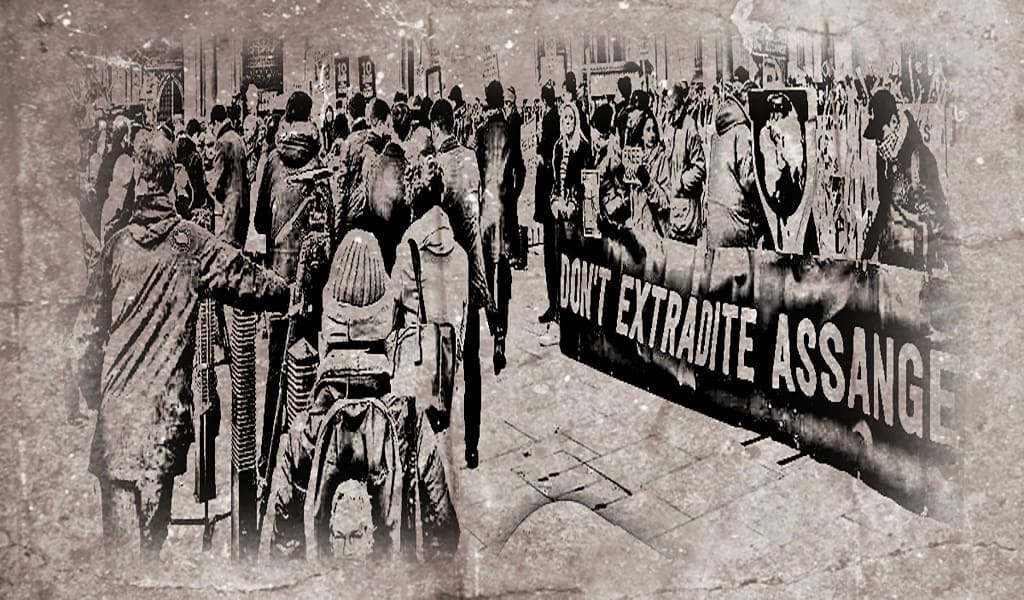
Assange’s situation took a dramatic turn in April 2019 when Ecuador withdrew his asylum and allowed British police to arrest him. He was subsequently charged by the U.S. with multiple counts related to computer hacking and the unlawful obtaining of classified information. His legal battle then shifted focus to resisting extradition to the United States, where he faces a potential sentence of up to 175 years in prison if convicted on all charges.
Assange has argued that his prosecution is a threat to press freedom, while his supporters claim he is being persecuted for exposing government malfeasance. As of now, Assange remains in a high-security prison in the UK, as his extradition case continues through the courts, drawing widespread international attention and debate over issues of freedom of speech and the role of whistle-blowers.
The Broader Implications
The case of Julian Assange is not just about one man; it encapsulates broader issues that are increasingly relevant in our digital age. His story raises critical questions about the balance between government secrecy and public accountability, the role of the press in a democracy, and the limits of freedom of speech in the digital era.
Government Transparency and Accountability: Assange’s work with WikiLeaks underscores the need for greater transparency in government. Democratic governments are accountable to their citizens, and transparency is a cornerstone of democracy. WikiLeaks’ revelations about war crimes, diplomatic duplicity, and governmental overreach have prompted calls for reforms and greater oversight. The exposure of such information has arguably made governments more cautious and, in some cases, more transparent in their dealings.
The Role of Journalism: Assange has often described himself as a journalist, and his work with WikiLeaks has blurred the lines between traditional journalism and activism. In an age where the internet allows for the rapid dissemination of information, the definition of who is a journalist is evolving. WikiLeaks operates outside the boundaries of traditional media organizations, raising questions about editorial oversight, journalistic ethics, and the responsibility of those who publish sensitive information.
Freedom of Speech and Digital Privacy: Assange’s case highlights the tension between freedom of speech and the need for digital privacy and security. WikiLeaks’ activities have been lauded for promoting transparency but have also been criticized for compromising private communications and national security. The digital age has amplified the reach and impact of leaked information, making it easier for whistleblowers to disseminate information widely but also raising the stakes for potential harm.
Legal and Ethical Precedents: The legal proceedings against Assange could set significant precedents for future cases involving whistleblowers and publishers of classified information. If extradited and convicted in the United States, Assange could face up to 175 years in prison. Such a precedent could have a chilling effect on investigative journalism and whistleblowing, deterring individuals from exposing wrongdoing for fear of severe legal repercussions.
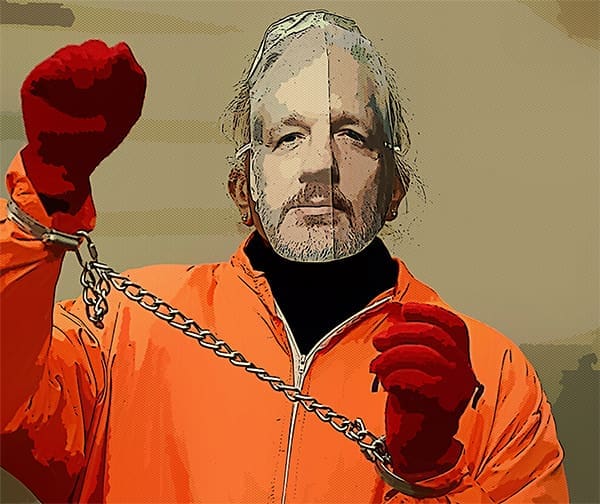
A Testament to the Power of Information
Julian Assange remains a polarizing figure whose actions have had profound implications for journalism, government transparency, and international law. His case continues to provoke debate about the balance between freedom of information and the need for security and confidentiality.
As the world grapples with these complex issues, Assange’s legacy will likely endure as a testament to the power of information and the ongoing struggle to define the boundaries of transparency and accountability in the digital age. His story serves as a reminder of the vital role that whistleblowers and investigative journalists play in holding power to account and the need for societies to find ways to protect and support those who take significant risks to expose the truth.


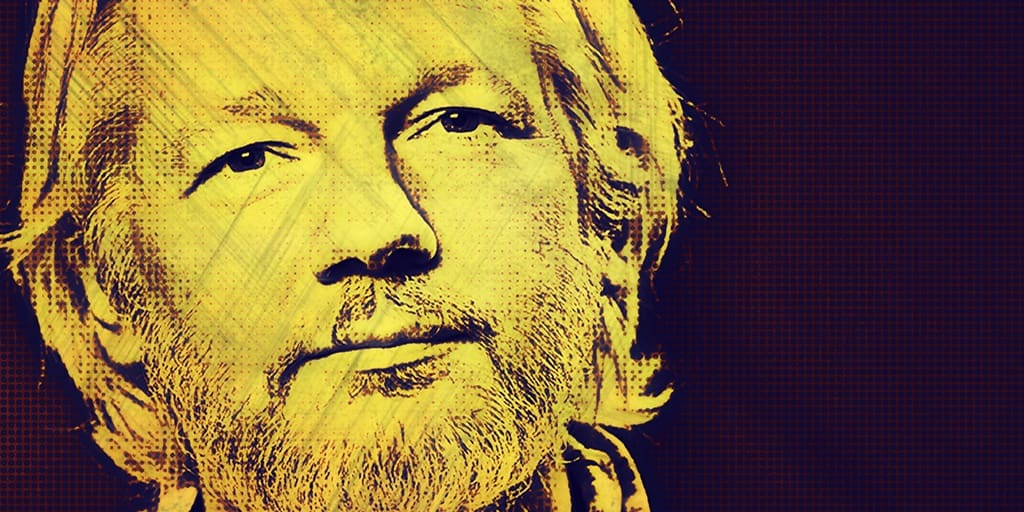






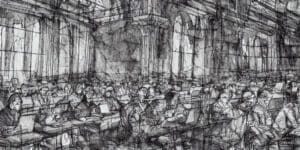
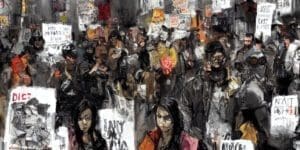












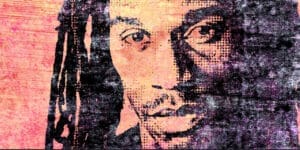

Leave a Comment